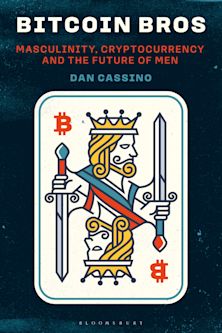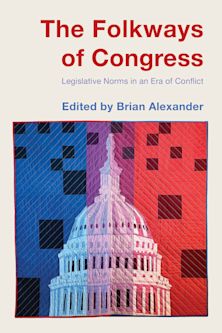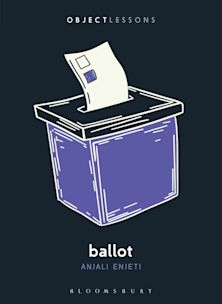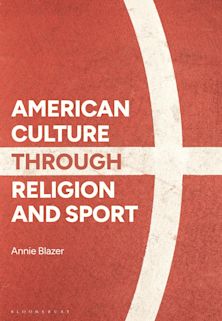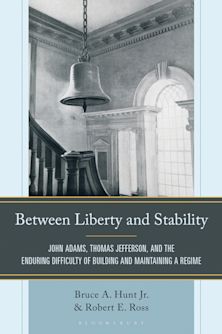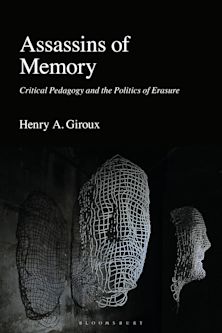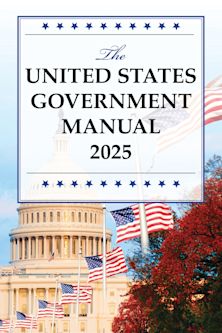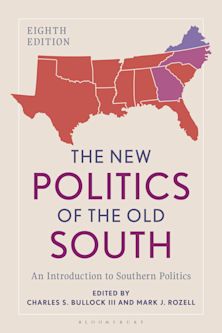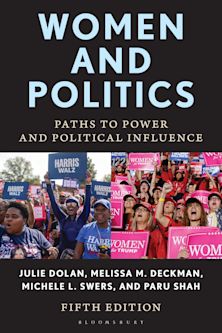- Home
- ACADEMIC
- Politics & International Relations
- American Government and Politics
- The Problem of Embodiment in Early African American Narrative
The Problem of Embodiment in Early African American Narrative
This product is usually dispatched within 10-14 days
- Delivery and returns info
-
Free UK delivery on orders £30 or over
You must sign in to add this item to your wishlist. Please sign in or create an account
Description
Offering a revolutionary way of reading 19th-century slave narratives, Fishburn seeks to recover the philosophical foundations of African American literature. Underlying slave narrative is an expression of the problem of physical embodiment; that is, the dualistic thinking of the mind-body division. Fishburn's work uncovers the tension between needing to acknowledge the fact of human embodiment and wishing to overcome its consequences in a racist society. One of the strongest points made by this pioneering work is the controversial claim that these slave narratives offer one of the most telling, if largely overlooked, pre-Heideggerian critiques of liberal humanism ever attempted in the West.
Table of Contents
Acknowledgments
Introduction: Seeing Otherwise
Thinking Through the Body
The Body's Recollection of Being
The Interesting Narrative of the Life of Olaudah Equiano
Narrative of the Life of Frederick Douglass
My Bondage and My Freedom
Disappearing Acts
The History of Mary Prince
Our Nig; or, Sketches from the Life of a Free Black
Incidents in the Life of a Slave Girl
Epilogue: Justice in the Flesh
Contending Forces: A Romance Illustrative of Negro Life North and South
Iola Leroy, or Shadows Uplifted
The House Behind the Cedars
The Marrow of Tradition
Bibliography
Index
Product details
| Published | 30 Jun 1997 |
|---|---|
| Format | Hardback |
| Edition | 1st |
| Extent | 216 |
| ISBN | 9780313303593 |
| Imprint | Praeger |
| Dimensions | 235 x 156 mm |
| Series | Contributions in Afro-American and African Studies: Contemporary Black Poets |
| Publisher | Bloomsbury Publishing |












